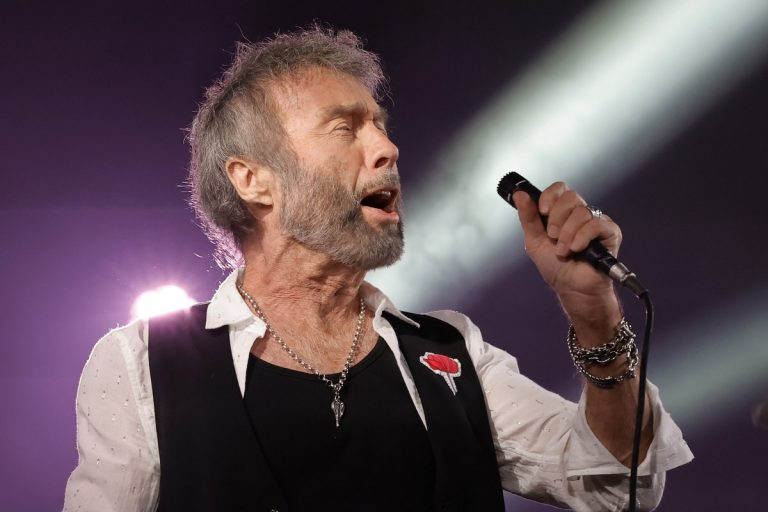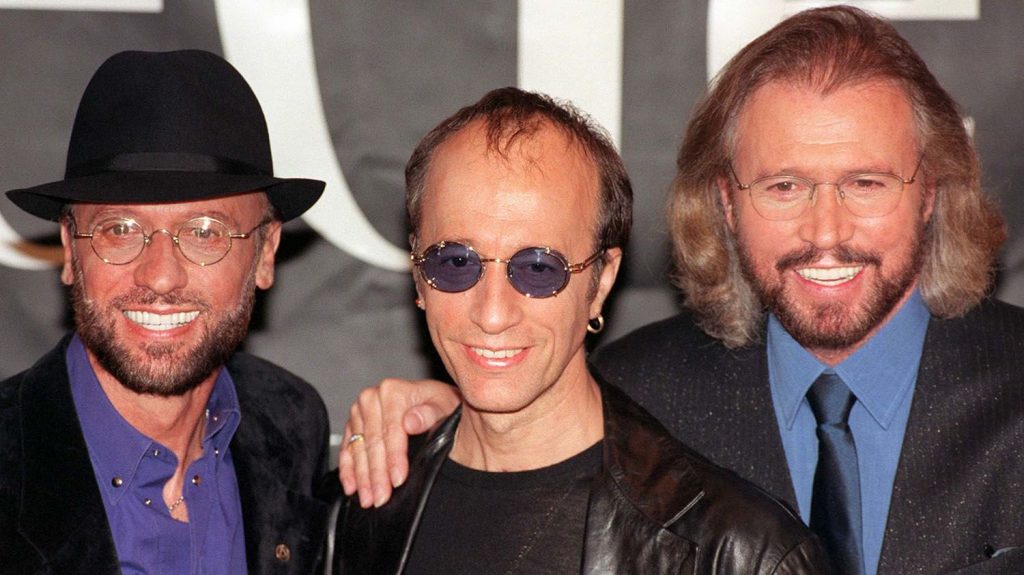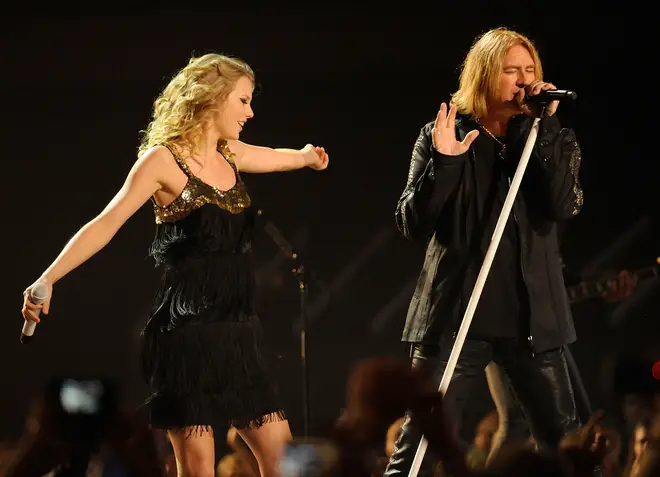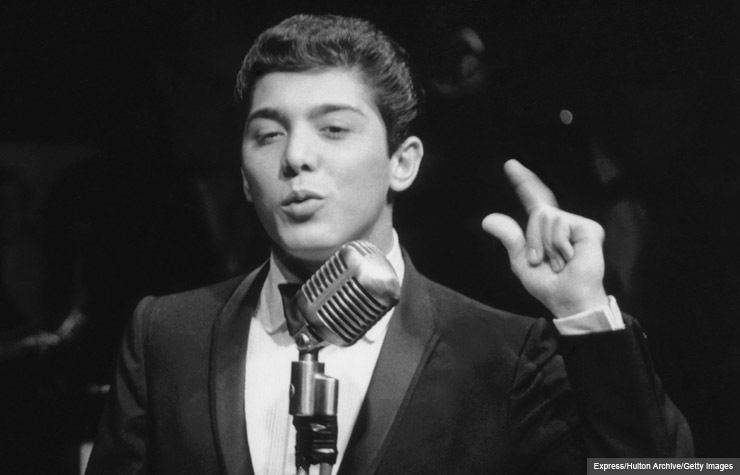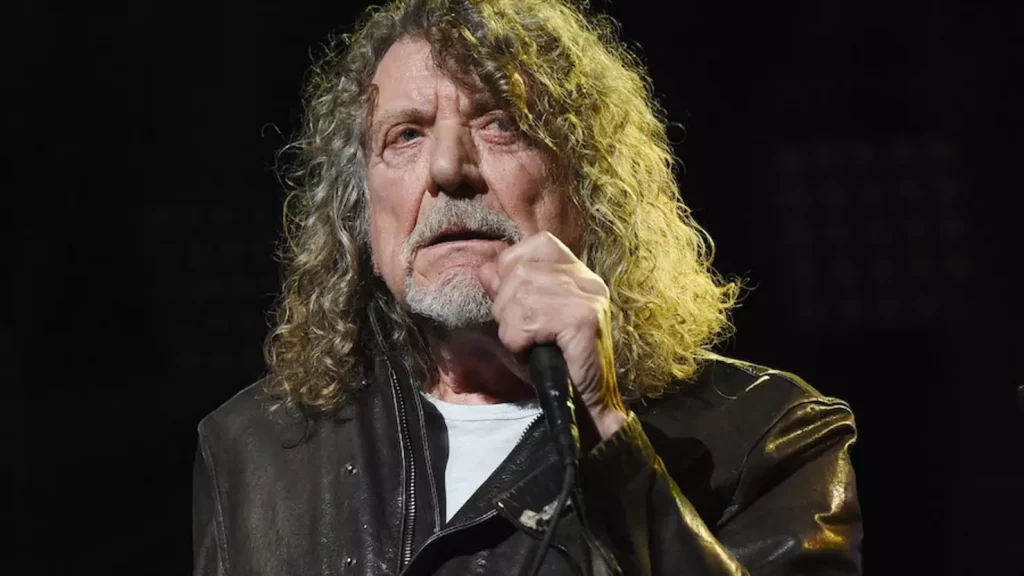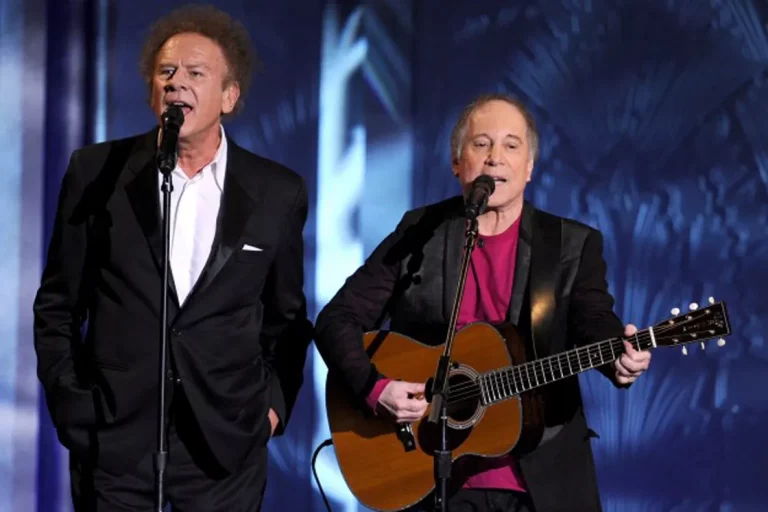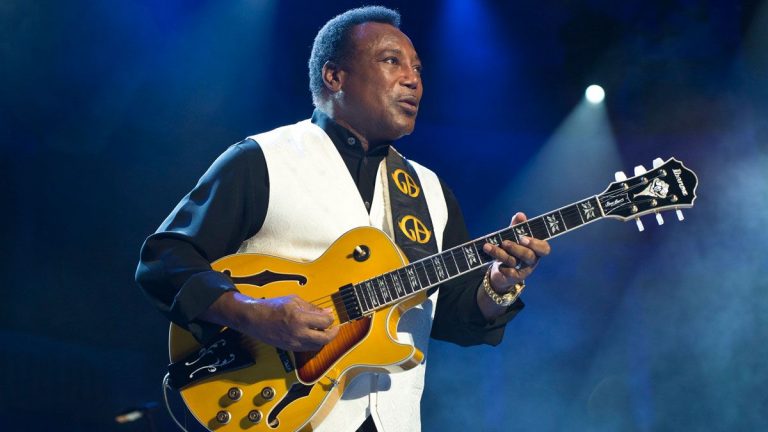Some legends never fade — they just surprise you when you least expect it. At 75, Paul Rodgers, the powerhouse frontman of Bad Company, recently reminded the world of his timeless talent with an off-the-cuff performance that has fans buzzing with excitement.
Rodgers shared a casual video on Instagram that captured him seated at an old upright piano, dressed down in a sleeveless shirt, cap, and black pants. Without any big announcement or stage lights, he began playing the unmistakable intro to Bad Company’s iconic anthem, “Bad Company.”
The moment was raw, unpolished, and real — and that’s exactly why it resonated. His caption? Simply: “Random piano recital.” But for fans, it was anything but random. It was a reminder of why Paul Rodgers has been hailed for decades as one of rock’s greatest voices and musicians.
The reaction was instant and heartfelt. Admirers flooded the comments with love and nostalgia:
“Oh how I love that song.”
“Beautifully played, Paul!!! Love it mate.”
“Legendary sound and song!”
One fan even added a cheeky note, calling Rodgers a “talented singer, songwriter, musician and sexy Paul.” Clearly, age hasn’t dimmed the admiration fans have for him.
This moment of spontaneity comes at a perfect time. Later this year, Bad Company will finally be inducted into the Rock & Roll Hall of Fame — a long-awaited recognition for a band whose songs defined the sound of 70s arena rock. Rodgers himself described the honor as “pretty amazing and very cool,” crediting the band’s bond with their fans and the authenticity of their music.
Adding to the celebrations, October will see the release of Can’t Get Enough: A Tribute to Bad Company. The album features modern rock stars like Slash with Myles Kennedy, Joe Elliott & Phil Collen of Def Leppard, The Struts, and HARDY offering fresh takes on Bad Company classics. Rodgers himself appears on three tracks, bridging past and present in the best way possible.

